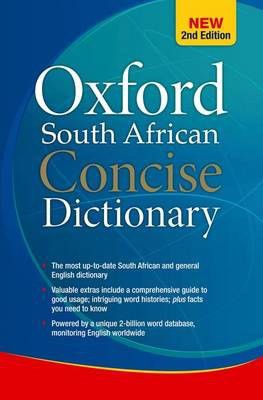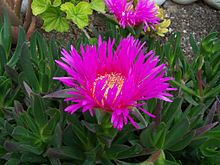English-language translators often write in their own variant of English, which includes both spelling rules and lexical preferences. That being said, it is wise to become fluent in variants other than one’s own and travel beyond one’s regional borders, as it were. Not only because some clients may actually prefer a specific English variant, but also because learning other Englishes can offer an embarrassment of lexical and idiomatic riches.
Most US English writers may have been exposed to British words and the odd Australian expression, but rarely does South African English lap against North American shores. This is perhaps due to less media exposure or a blurred idea of what South Africa is all about.

Americans often mistake the distinctive South African English accent for other Antipodean accents, lumping them all together and thus erasing any potentially fascinating differences.
Enter the Oxford South African Concise Dictionary. Which, not unlike other Oxford dictionaries, can help shed some light on the idiosyncrasies inherent in this variant. And one of the beauties of this dictionary is that it provides useful language notes on how to use (or avoid using) certain South African words and expressions.
So I learned about the bushveld and that a robot is a set of traffic lights. What, sadly, jackrolling a woman means, and that the use of the term kaffir is actionable. But the prettiest word I learned is vygie, an ice plant native to South Africa and possibly invasive in many other countries. Vygie is originally an Afrikaans word and a reminder that South Africa English has been shaped by it as well as by many other African languages.

